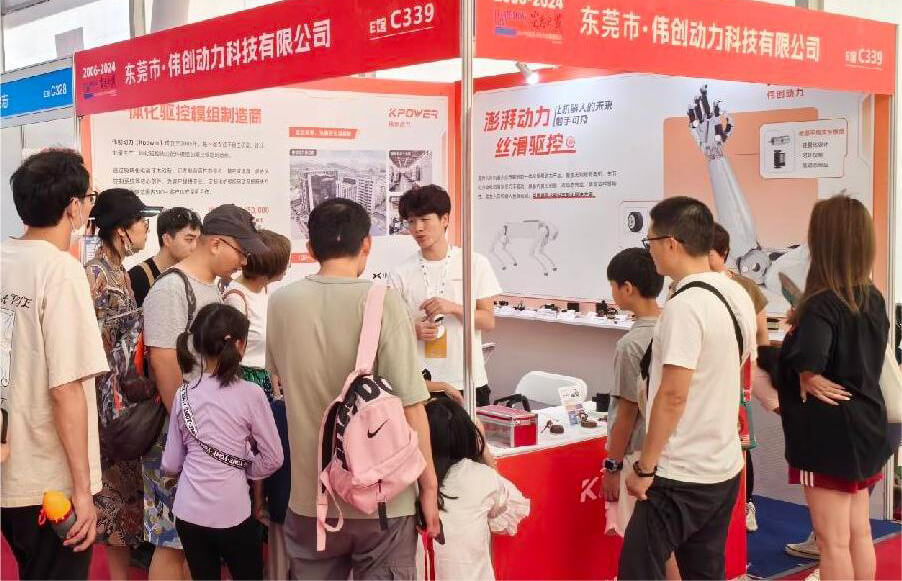When it comes to building scalable and efficient applications, microservices architecture has quickly become the go-to solution for many development teams. It’s no longer just a buzzword—it's a way of structuring software that can bring real benefits, especially when built on robust platforms like Java. But as microservices continue to grow in popularity, one thing is certain: understanding the ins and outs of Java-based microservices is essential, especially when you're facing a potential interview.

In this fast-paced tech landscape, interviewers aren’t just interested in whether you can code—they want to see how well you understand the underlying principles of microservices. For example, if you're asked, "How do microservices improve scalability and maintainability?" you'd better have a solid grasp of concepts like service independence, loose coupling, and how they enable faster development cycles.
You might also encounter more technical questions, such as, “What are some common challenges when deploying microservices in Java?” The correct answer isn’t just about listing issues like network latency or security concerns; it’s also about demonstrating how you've worked around those challenges. Maybe you've leveraged Spring Boot for simplifying service creation or used Docker for containerization to ensure seamless deployment. Real-life examples are always a plus.
Now, let's talk about something often overlooked: testing. “How do you ensure microservices are thoroughly tested in a Java environment?” The right approach involves both unit and integration testing. A typical microservice might rely on other services, so ensuring they interact correctly becomes just as important as ensuring each individual service functions well on its own. Having knowledge of tools like JUnit for unit tests and Postman for API testing will definitely give you an edge.
The most critical aspect of microservices in Java is the communication between services. So, don’t be surprised if you’re asked, “What’s the best way for services to communicate with each other?” There’s no one-size-fits-all answer here, but an understanding of synchronous vs. asynchronous communication will definitely impress the interviewer. For example, REST APIs are often used for synchronous communication, but what if speed is essential? You’d probably suggest using message brokers like RabbitMQ or Kafka for asynchronous communication to ensure services don’t block each other.
But microservices are only as good as the infrastructure supporting them. That’s why “How do you monitor and manage microservices in production?” is another crucial question. It’s not just about knowing tools like Prometheus or Grafana for monitoring; it’s about showing that you understand the need for continuous monitoring and automated scaling, especially when services are running in a cloud environment. With microservices, things change quickly, and being proactive about identifying issues before they escalate is key.
Overall, success in a Java microservices interview comes down to more than just answering questions correctly—it’s about showing how well you can apply your knowledge in real-world situations. By demonstrating a deep understanding of concepts, challenges, and best practices, you’ll prove that you’re not only prepared to work with Java microservices, but that you can excel in doing so.
So, whether you're just getting started or you're a seasoned pro, understanding these concepts will be invaluable. The truth is, microservices architecture isn’t going away anytime soon, and the more you know, the better you'll perform—not just in interviews, but in actual development projects, too.
Established in 2005, Kpower has been dedicated to a professional compact motion unit manufacturer, headquartered in Dongguan, Guangdong Province, China. Leveraging innovations in modular drive technology, Kpower integrates high-performance motors, precision reducers, and multi-protocol control systems to provide efficient and customized smart drive system solutions. Kpower has delivered professional drive system solutions to over 500 enterprise clients globally with products covering various fields such as Smart Home Systems, Automatic Electronics, Robotics, Precision Agriculture, Drones, and Industrial Automation.




































